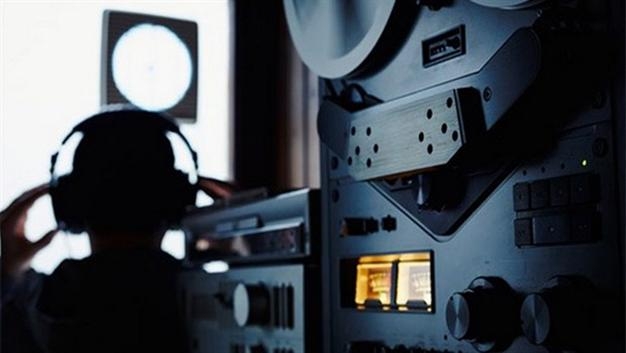NGOs, Opposition Parties Appeal Wiretapping Law
TBILISI – Non-Governmental Organizations united under the campaign "This Affects You" have filed a lawsuit to the Constitutional Court of Georgia against the surveillance law adopted by Parliament on March 22.
The law includes provisions for the creation of a legal entity of public law (LEPL), the Operative-Technical Agency of Georgia, which is responsible for covert surveillance. The agency is under the supervision of the State Security Service (SSS).
The responsibilities of the agency include hidden surveillance of phone communication; retrieving information from computer systems; control of post office transfers; secret audio and video surveillance; and photographic surveillance.
The new law on covert investigative actions became necessary after the Constitutional Court of Georgia ruled on April 14 of last year that the existing legislation, which allowed the police to have direct and unrestricted access to telecom operators’ networks to monitor communications, was unconstitutional and set a deadline of March 31, 2017 to replace the existing surveillance law with a new one.
The NGOs believe that the new law is not in line with the verdict of the Constitutional Court and that it gives too much power to the SSS. The This Affects You campaign posted an electronic complaint form on its website and Facebook page several days ago. The complaint enables all citizens to use available legal mechanisms to appeal the new law.
The parliamentary minority Movement for Freedom-European Georgia party also joined the lawsuit of This Affects You. The non-parliamentary opposition parties the Free Democrats and the Republicans also appealed the law in the Constitutional Court on Thursday and joined the NGOs’ complaint. Public Defender Ucha Nanuashvili plans to appeal the law within two weeks. However, the Ombudsman will file a separate lawsuit to the court.
The Public Defender enjoys independent constitutional authority to apply to the court and to declare a normative act unconstitutional when he believes it violates constitutional human rights. Accordingly, the Public Defender will independently use this ability to appeal to the court. Since the subject of the two cases will be the same, the Constitutional Court will likely combine the cases and review them as a single case.
The Presidential Administration also disapproves of the surveillance law. President Giorgi Margvelashvili vetoed the bill on March 20 when Parliament sent the draft to him to be signed. However, after two days the ruling Georgian Dream MPs managed to override the presidential veto.
GD says the bill ensures the new agency’s maximum independence, and it is line with the verdict of the Constitutional Court. Parliment majority member Anri Okhanashvili stated that the main positive of the new surveillance agency is that it is not authorized to carry out investigative actions.
By Thea Morrison












